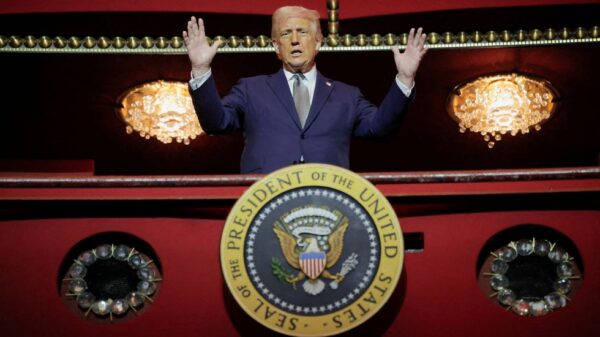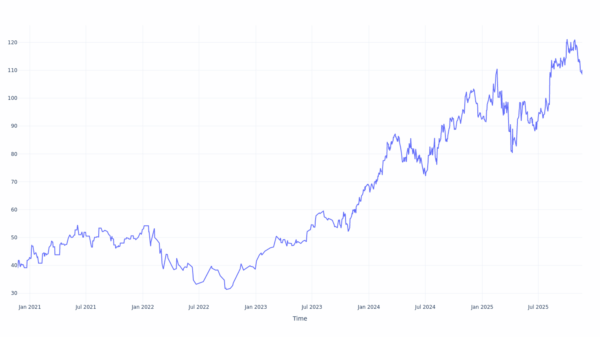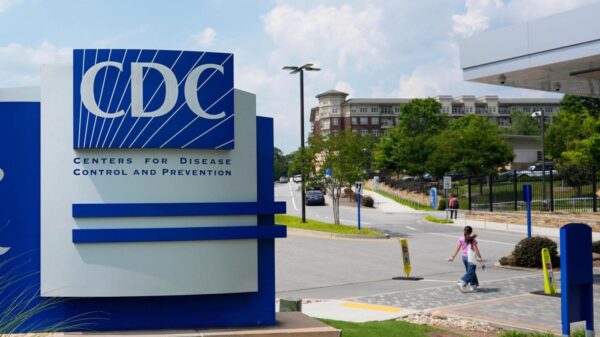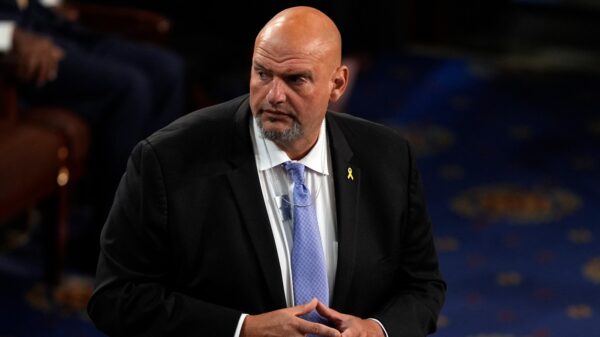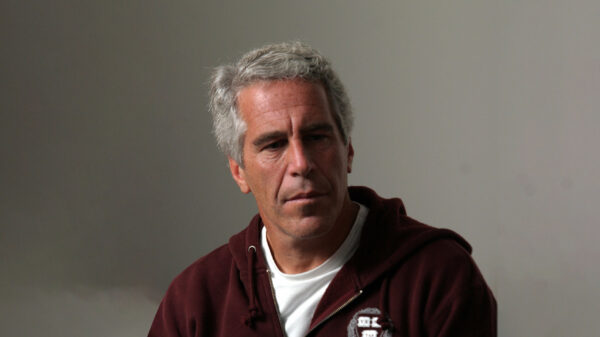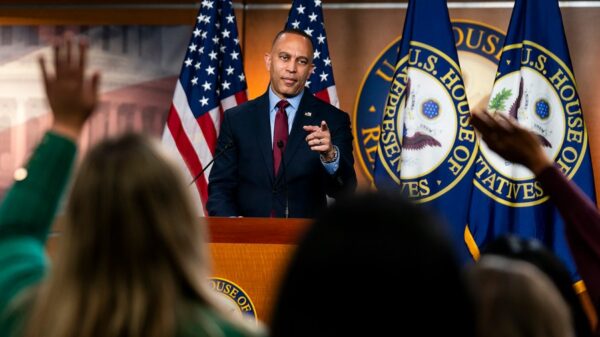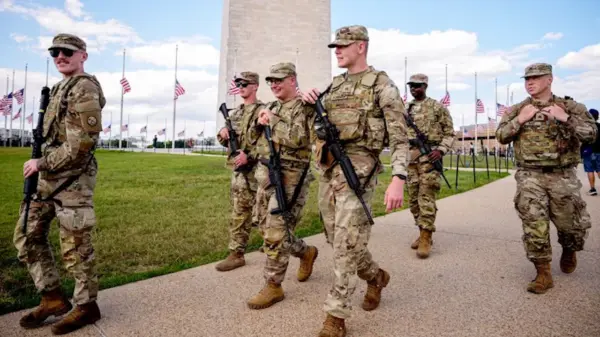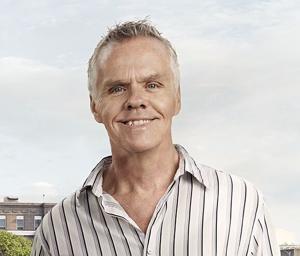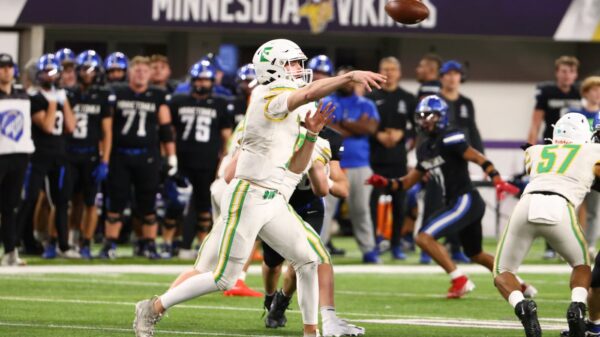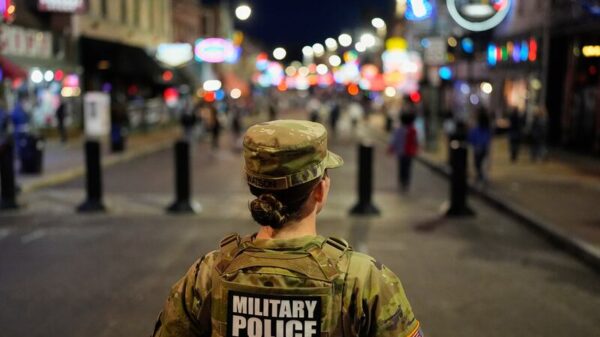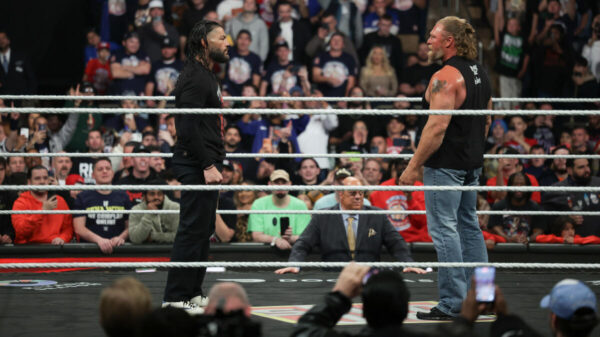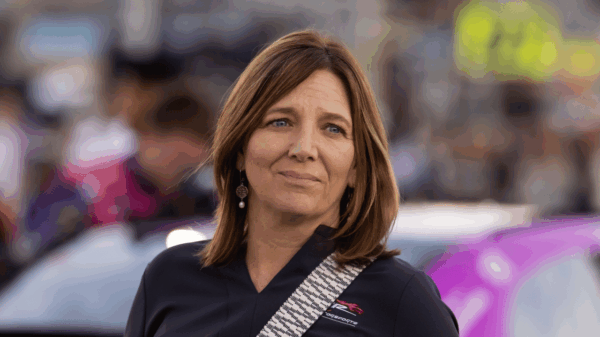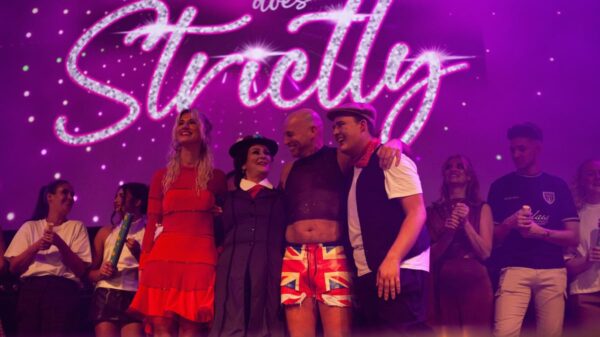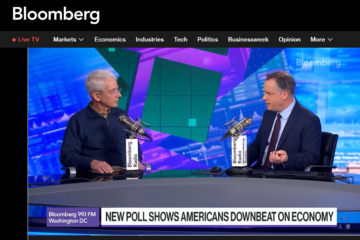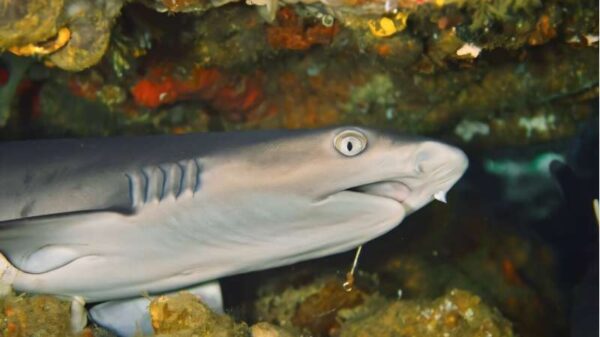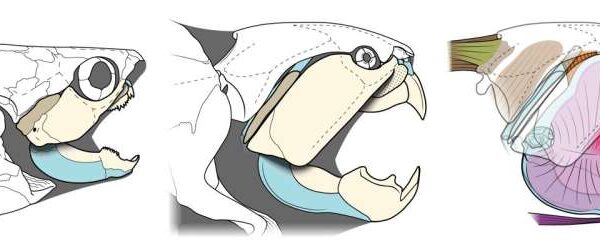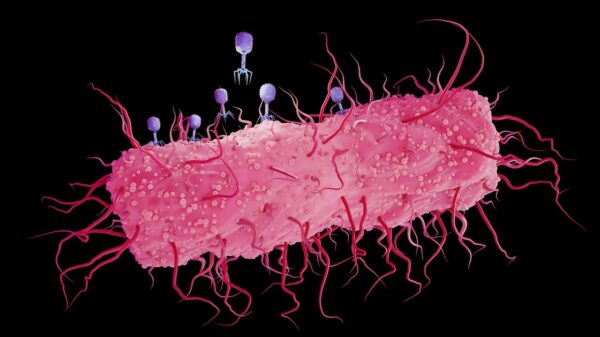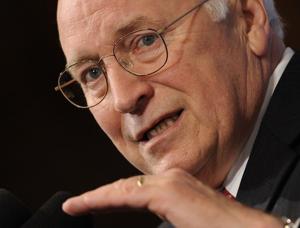The memorial service for former Vice President Richard Cheney took place on March 15, 2024, at the Washington National Cathedral, bringing together approximately 1,500 mourners to honor a man described as unassuming, thoughtful, and kind. This event highlighted a stark contrast between the genuine character of Cheney and the often contentious public perception shaped by political narratives.
During the service, speakers focused on Cheney’s personal qualities rather than his political legacy, emphasizing his role as a devoted grandfather, family man, and avid fly-fisherman. The atmosphere was marked by a sense of unity and respect, devoid of partisanship or overt political commentary. Instead, it celebrated his dedication to family, recounting stories of him attending his grandson’s football games and supporting his granddaughter at rodeo competitions in Wyoming.
Retired NBC News correspondent Pete Williams, who served as Cheney’s press secretary during his tenure as Secretary of Defense, shared anecdotes that illustrated Cheney’s deep sense of decency. One poignant story involved Williams’ fear of losing his job after a magazine planned to reveal his homosexuality during a politically sensitive time. Cheney reassured him that his position was secure and consistently checked in on him during a tumultuous period of public scrutiny.
In another memorable incident, Williams recalled a misunderstanding regarding the timing of a significant policy announcement from then-President George H.W. Bush. When the story leaked prematurely, causing considerable turmoil, Cheney lightened the mood by telling Williams that he would only need to fire one of them, before revealing it was all a joke. This incident showcased Cheney’s ability to handle pressure with humor and integrity.
The service prompted reflection on the state of contemporary politics. Cheney’s daughter, Liz Cheney, noted that her father’s initial foray into public service was inspired by a speech from Democratic President John F. Kennedy, who urged Americans to consider what they could do for their country. This message resonated deeply with attendees, suggesting a longing for a return to civic engagement driven by a sense of higher purpose.
The contrasting tone of Cheney’s vice-presidential debate with Democratic candidate Joe Lieberman in 2000 was also highlighted. Students who viewed footage of the debate were visibly impressed by the respectful dialogue that characterized their exchanges, a stark contrast to the often contentious nature of modern political discourse. This experience inspired hope that politics could indeed be ennobling.
As the service concluded, there was a palpable sense of “catharsis” among attendees, prompting discussions about the potential for a similar healing in the broader political landscape. Reflecting on Cheney’s legacy, many expressed a desire for a resurgence of the civic virtues he embodied—decency, respect, and a commitment to service.
The memorial for Richard Cheney served not only as a tribute to his life but also as a reminder of the values that can restore dignity to political dialogue. The hope now is that these principles can guide future generations in their pursuit of public service and civic responsibility.


